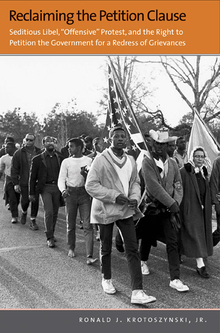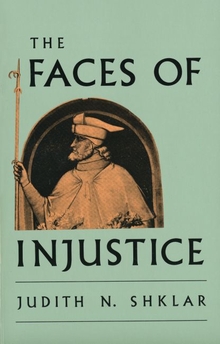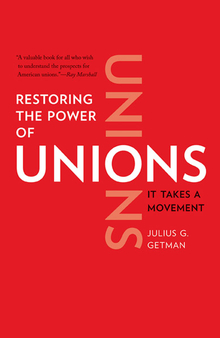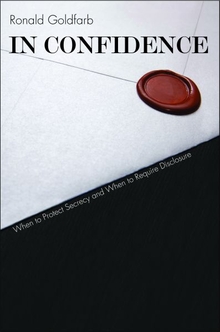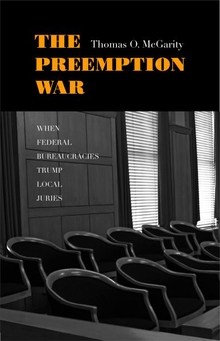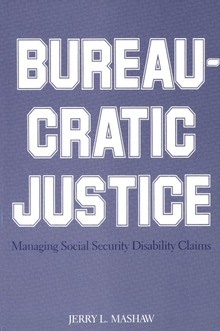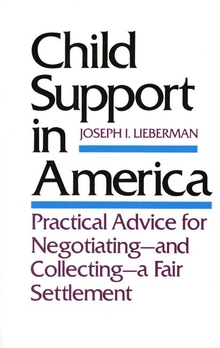Reclaiming the Petition Clause
WARNING
You are viewing an older version of the Yalebooks website. Please visit out new website with more updated information and a better user experience: https://www.yalebooks.com
Seditious Libel, "Offensive" Protest, and the Right to Petition the Government for a Redress of Grievances
Ronald J. Krotoszynski, Jr.
Since the 2004 presidential campaign, when the Bush presidential advance team prevented anyone who seemed unsympathetic to their candidate from attending his ostensibly public appearances, it has become commonplace for law enforcement officers and political event sponsors to classify ordinary expressions of dissent as security threats and to try to keep officeholders as far removed from possible protest as they can. Thus without formally limiting free speech the government places arbitrary restrictions on how, when, and where such speech may occur.
Ronald J. Krotoszynski, Jr., is John S. Stone Chair and Professor of Law at University of Alabama Law School in Tuscaloosa.
“Professor Krotoszynski argues convincingly that scholars and judges are wrong to view the Petition Clause as a quaint relic that has been rendered largely irrelevant by other rights and freedoms. At a time when political protesters literally find themselves encircled in barbed wire and hidden from view in the name of security, his historical and comparative account of petitioning in different countries demonstrates the vital role that a reinvigorated right of petition can and should play in securing good governance and democratic accountability.”—David S. Law, Professor of Law and Professor of Political Science, Washington University in St. Louis
"Moving nimbly across the centuries, Krotoszynski reclaims a right to petition that links Runnymede to Selma. His model of citizen engagement will speak to the populist aspirations of the Tea Party and the Occupy movement alike.”—James E. Pfander, Northwestern University
Publication Date: April 24, 2012

